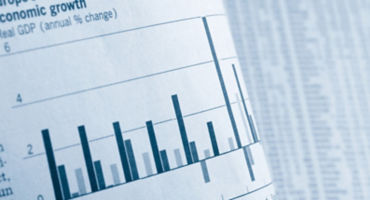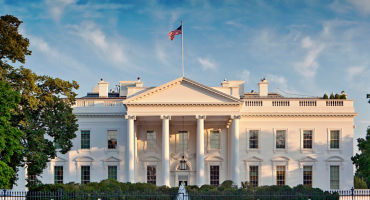Impact on markets and economic policy: While markets are still digesting incoming election tallies, it is safe to say the results did not come as a big surprise to anyone, nor have they yet had much direct impact on US market movements. The day after election day was a bearish one for most US market sectors. Treasury yields ended marginally lower, while equity indices declined (led by the tech sector) following renewed turmoil in the cryptocurrency markets. Oil slumped by 3.5% after a US government report showed gains in national inventories.
Under the baseline scenario laid out above, we think a divided US Congress will mean lower odds of any ”big-bang” policy reforms that would have furthered the Democratic agenda, such as progressive measures in support of childcare, housing, home health care, college affordability, and social redistribution via higher taxes (including potential “windfall” levies on the energy, pharma, and insurance sectors.)
Geopolitical and industrial policy: A hawkish stance on China is perhaps one of the few US policy objectives for which there has been bipartisan support in Washington. The recent subsidies announced by the US government for chipmakers largely reflect political recognition of semiconductors’ importance to national security (i.e., advanced weapon systems), not just technology’s prevalence in everyday life. The US has announced increasingly expansive controls on exports of advanced chips and chip-production equipment to China, citing concerns about dual military-civilian use of such technology. We expect no major shift in this generally hawkish US policy approach to China.
Broadly speaking, we think the same principle (status quo) will apply to US policy toward the Russia-Ukraine conflict, although a Republican-controlled House could try for energy policy changes by marginally favoring the conventional energy sector, given the considerable influence exerted by fossil-fuel producers in traditionally ”red” states.
Political pressure on the Fed: Select leaders within the Democratic party have “warned” the US Federal Reserve (Fed) against enacting excessive interest-rate hikes designed to lift the unemployment rate and bring down persistently high inflation. There is a contingent within the party that clearly views higher unemployment as a more significant problem for the economy than elevated inflation and wants the Fed to wait for the “lagged effects” of the policy actions it has already taken to kick in. We think shared power in Congress will likely curb some of the potential excesses in terms of political pressure on the Fed.











Monthly Market Snapshot — February 2024
Continue readingBy
Brett Hinds
Jameson Dunn